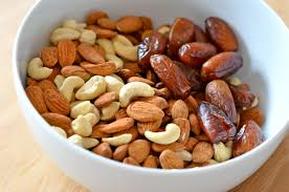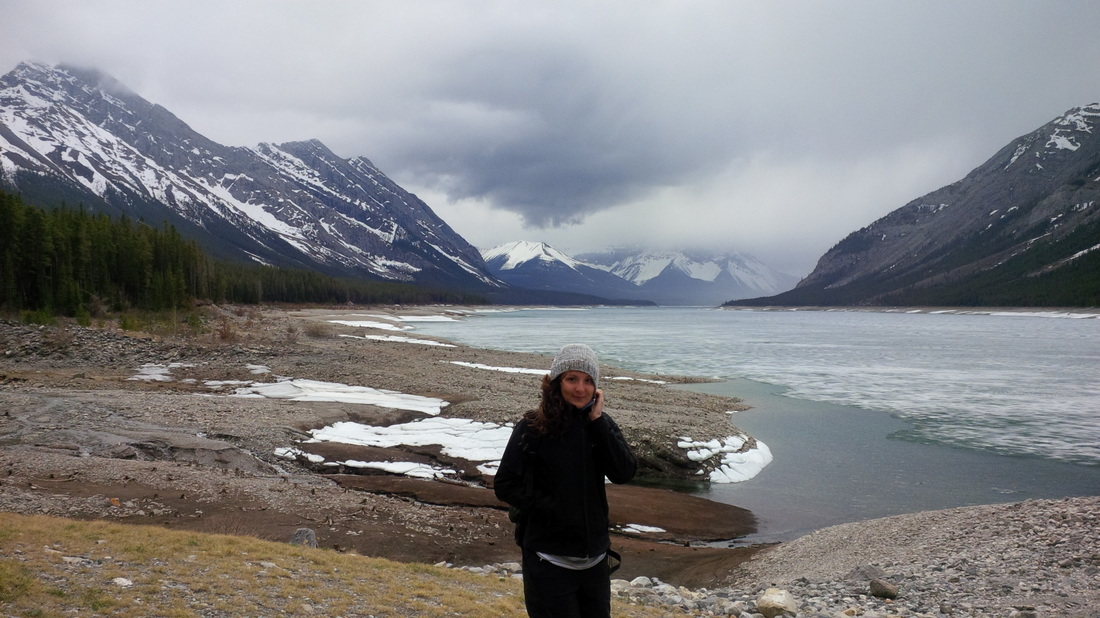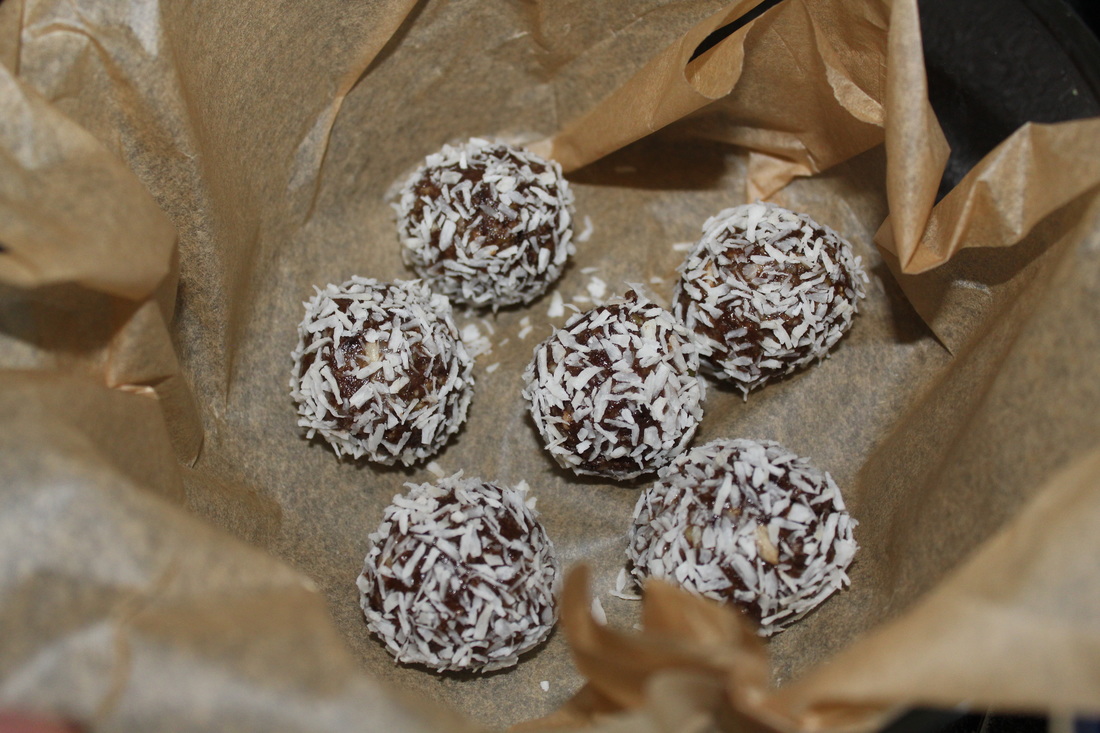Some of us are outside dwellers and others turn to being active indoors. There are some great facilities in the city and even if you are a novice or trying to balance out the food indulgences of the season, I suggest upping the activity in the winter! Once you are in your active routine, you will feel like a pro.
The one mistake newbies and seasoned professionals both make in winter?
I see constantly from the novices to professional athletes the lack of good hydration through the colder month. One thing that is especially important to be aware of when the natural triggers of thirst may be suppressed. Being cold dampens the thirst mechanism so you’ll feel less thirsty despite significant sweat loss and you may not “think to drink.”
Some winter sports enthusiast purposely skimp on fluid intake to avoid the hassle of undoing layer after layer of clothing or gear. Although this is a big mistake, dehydration can hinder performance and decision making, and when split second decisions have to be made in some of these sports, alertness is key in avoiding injury.
Winter athletes (especially high altitude skiing/boarders/climbers) need to consciously consume fluids to replace the water vapour that gets exhaled via breathing. When you breath in cold dry air, your body warms and humidifies that air. As you exhale, you lose significant amounts of moisture that needs to be replenished. Something to think about when Alberta is dry and Calgary is already fairly high altitude. You can lose a lot vapour by breathing heavily on a brisk walk along the river , and it's really important to replace this.
The last thing we may reach for in cold weather are cold drinks, I recommend hydrating well before heading out and while you're out take slightly warmed drinks, doesn't have to be hot but I can down a litre or peppermint lemon tea if its a nice temp that doesn't shock my system.
“Fuelling the Furnace”
You will want to fuel-up before you embark on any outdoor activity in extreme cold. We all have different tastes and macro nutrient needs that best fuel our biochemistry and activity level so the perfect pre-exercise meal is a little more individual, but some of my favs are a hearty lentil soup with chillis, great for promoting better circulation, or a root veggie roast with quinoa and black beans.
A mix of protein and healthy fat added to the carbohydrates in your meal will help slow digestion, and aid blood sugar balance through your activities because the last thing you need is a light headed feeling when your out on the ice.
Food's overall warming effect is known as thermogenesis that is, “heat making”. 30-60 minutes after you eat, your body generates about 10% more heat than when you have an empty stomach. Eating not only provides fuel but also increases heat production. I suggest giving your meal at least a half hour to “digest while you rest” before hitting it hard.
If you become chilled during winter exercise, a drop in body temperature stimulates the appetite and you experience hunger. Your body wants fuel to “stoke the furnace,” so it can generate heat. Carrying a small, nutrient dense snack can help you make it until your next meal because you may have used up those glucose stores, even an hour of higher intensity activities.

Mixing a quickly absorbed natural sugar like dates and the small amounts of proteins and healthy fats from the nuts will aid in recovery and energy stability when you need it.
Oatmeal with nuts, lentil and veggie soup, chili or pasta with proteins will all help to replenish depleted glycogen stores in a sustainable way. If you plan to be out for more than an hour, pack a thermos and you'll be happy you did!
You plan for your play weekends, why not plan your play foods.
Enjoy!

